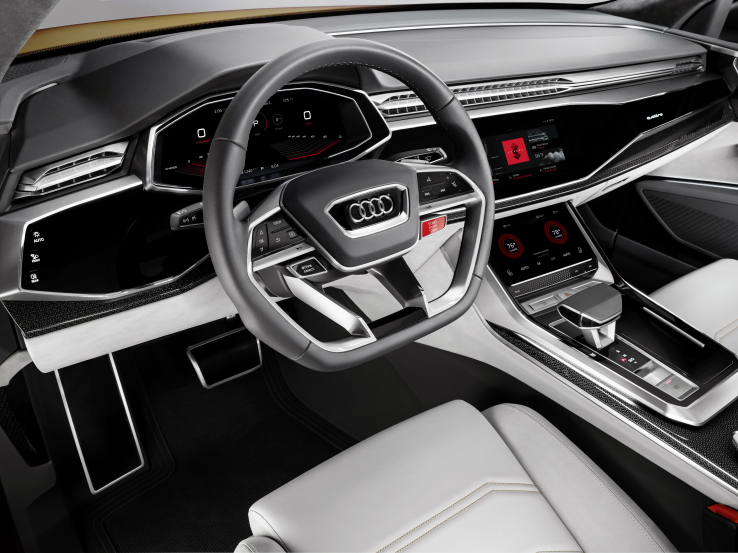

Volvo and Audi are looking to do more with Android in its forthcoming connected vehicles, the companies announced on Monday ahead of this week’s Google I/O developer conference. The companies will be showing off the fruits of this deeper integration at the event in San Jose, which goes beyond entertainment and navigation to help drivers and passengers control AC, windows, sunroof and more via Android.
The integration of Android throughout more of the infotainment experience in cars is a win for Google, which is moving out ahead of competitors like Apple in terms of gaining more real estate in automobiles. This will become increasingly important as vehicles become sites for more mobile activity and additional connected activities, which will lead to more generation of data that can be useful to Google as an advertising platform, as well as for other aspects of its business including media delivery.
For Volvo and Audi, the advantage is more about meeting customers where they are – the dominant interface of any average person’s life is still going to be their smartphone for the foreseeable future. Plus, as infotainment tech has evolved, carmakers have been struggling to keep up in terms of providing intuitive ways for people to operate their vehicles.
Audi is showing off its Q8 sport concept at I/O to demonstrate how this will work on the user end, but basically Google Assistant will take a primary place as a voice controlled central companion. Navigation will still default to Audi’s HERE services, which makes sense given that Audi owner Volkswagen Group is a co-owner of the service following its divestment from Nokia. But users can switch the default to Google Maps, which is a significant sign that automakers are realizing the better strategy is to partner when it comes to in-car infotainment and cockpit control UX.
Google is also going to be able to provide more flexibility and immediacy when it comes to pushing out updates, Volvo notes, and better personalization across a driver’s digital life. Provided this results in more use of in-car connected services, this should benefit all parties involved thanks to the resulting wealth of data produced.

